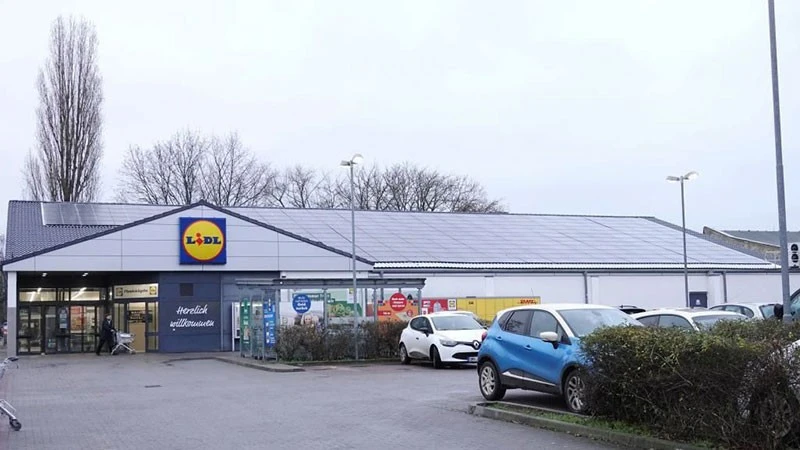As the European Union (EU) works to strengthen resilience and ensure energy security, the event serves as a crucial platform to discuss opportunities and challenges for the hydrogen industry, while reaffirming hydrogen’s role as a key solution to realising Europe’s dream of energy self-sufficiency.
Enhancing energy security has always been high on the agenda of European governments, particularly with the intensification of geopolitical instability, rising energy demands, and rapid evolution of technology.
With energy independence as a top priority, the swift deployment of clean technologies is propelling the green hydrogen industry to become a vital factor in achieving a net-zero society. Hydrogen is regarded as a strategic pillar of the energy transition — a key for the EU to navigate today’s challenges, assert its autonomy, and advance steadily towards a green and sustainable economy.
With its capacity to store and distribute renewable energy, hydrogen not only underpins a competitive industrial base but also reduces dependence on external suppliers. Delegates at European Hydrogen Week agreed that in order to make hydrogen a true “pillar of recovery,” Europe must soon develop a comprehensive strategy grounded in clear, transparent, and long-term principles.
Many emphasised the importance of simplifying the regulatory framework to instil investor confidence; fostering market development to generate demand in key industries; building integrated infrastructure for production, transportation, and consumption; strengthening energy sovereignty through domestic production, storage, and refining within the EU; and expanding international partnerships to diversify sources of imports.
This was also highlighted by European Commission (EC) President Ursula von der Leyen in the 2025 State of the Union Address, stressing the need to rely more on energy produced and efficiently used within Europe.
As part of its long-term strategy to strengthen resilience against “energy shocks” while building a stable, flexible, and sustainable energy system for the future, hydrogen is viewed not only as a profitable sector but also as a crucial lever for decarbonising European industry.
EU regards hydrogen as indispensable in its roadmap to achieve climate targets by 2030 and carbon neutrality by 2050. Member states have already introduced mechanisms that allow national funds to support renewable hydrogen production projects within their territories, creating numerous opportunities for cooperation and green energy development at the local level.
However, to accelerate this process, several speakers pointed to a report by the European Court of Auditors recommending that the EU finalise a new hydrogen strategy by the end of 2025 and implement it no later than early 2026. Delays, they warned, could cause Europe to miss out on opportunities in the green transition at a time when global demand for clean technologies and fuels is rising rapidly. Decisive action now is seen as urgent to secure the EU’s long-term interests and competitive position.
The overarching message from European Hydrogen Week is that resilience is no longer optional — it has become a strategic imperative for Europe. The President of the European Commission affirmed that Europe is determined to close the chapter of fossil fuel dependency and move toward a green, sustainable, and self-reliant energy system.
Promoting energy independence, reducing external reliance, and developing a green energy system are not only matters of strategic significance but also pillars of the EU’s broader effort to ensure security, stability, and sustainable development across the bloc.
















